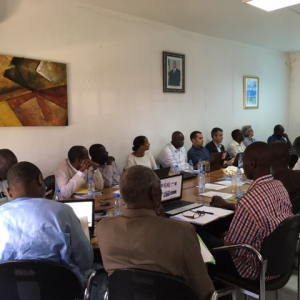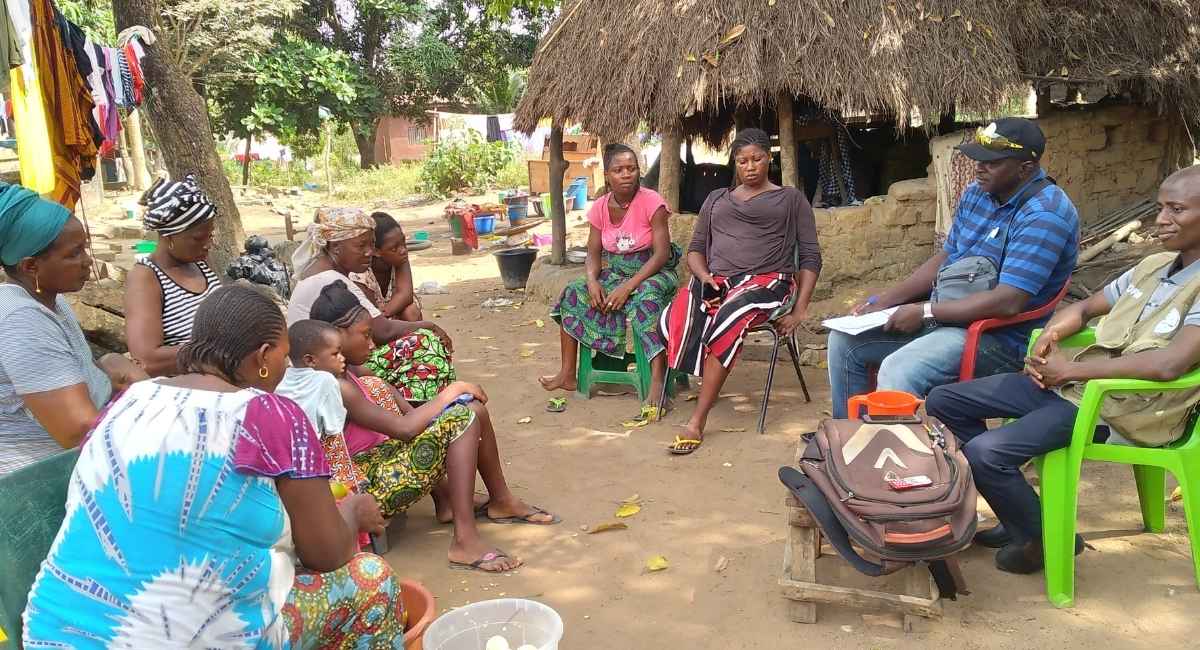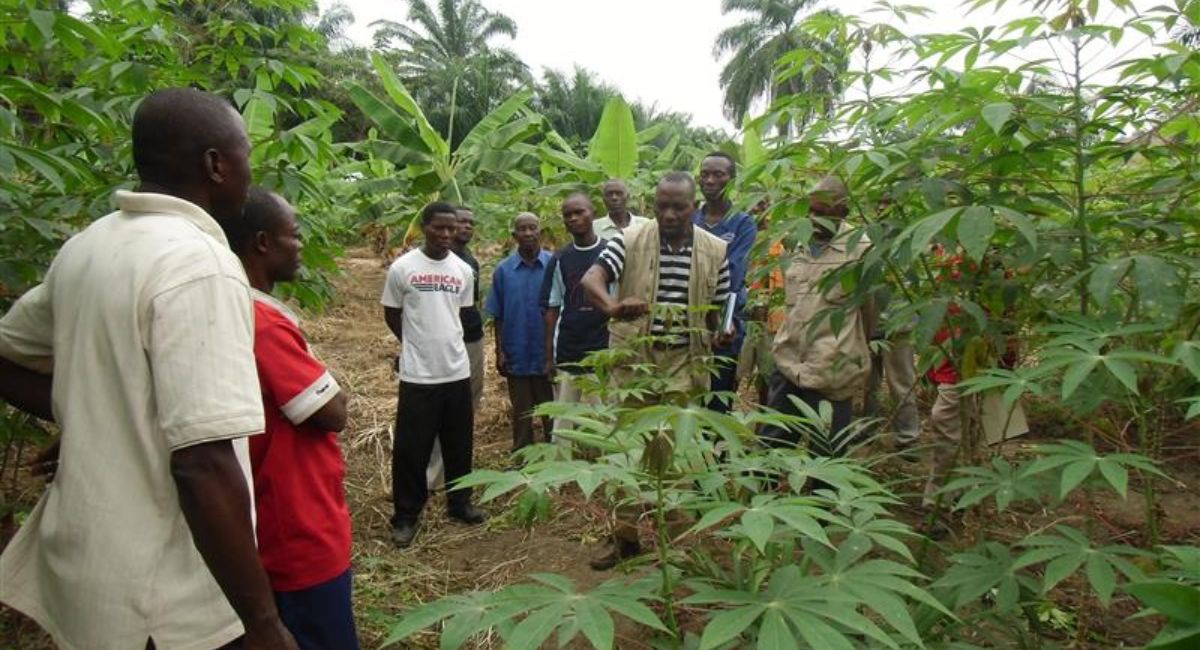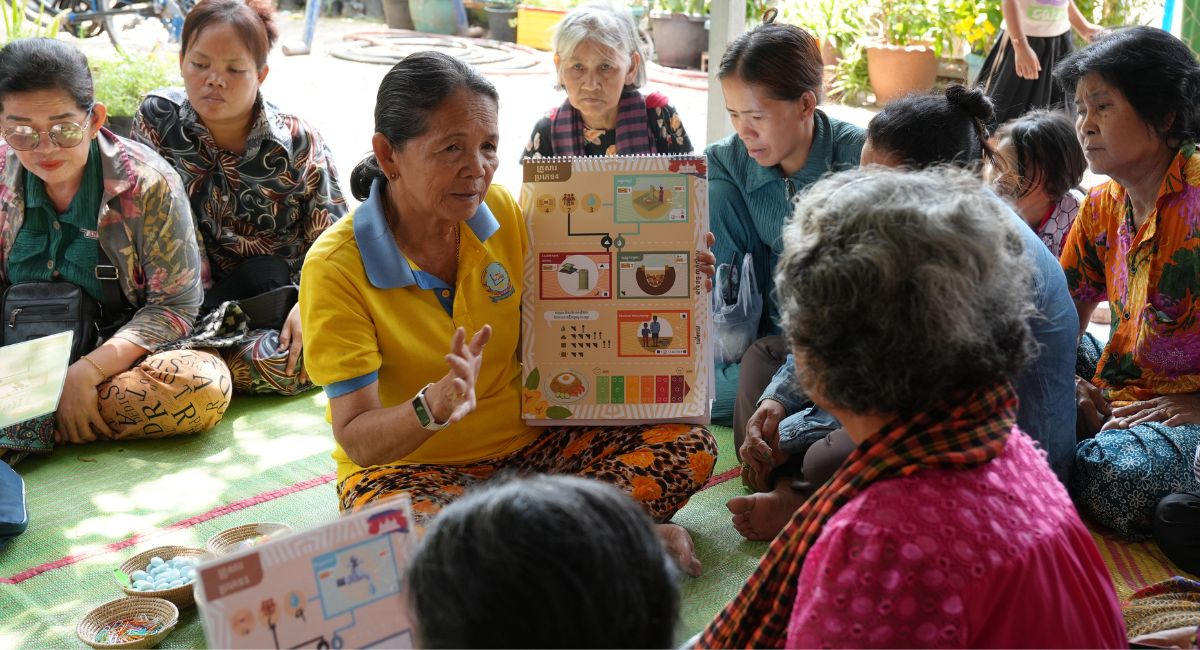In Senegal, sanitation in areas with 3,000 to 30,000 inhabitants is particularly problematic and remains a specific challenge for public authorities and international development aid stakeholders.
Whether small cities or large rural towns, these areas are experiencing very rapid growth. The lifestyle of inhabitants – in terms of types of housing, water consumption, etc. – tend to be similar to that of larger urban populations. Yet the vast majority of these areas are not covered by the Office national de sanitation au Senegal (Onas – National sanitation office of Senegal). Although it is not possible to connect them to sewage systems due to financial, technical and institutional reasons, the use of latrines in areas where housing density is significant raises the question of emptying and treating sludge. Currently, projects and programmes attempt to meet the challenges of sanitation in these intermediary areas, but sustainability and quality of services, and consultation with users are not being sufficiently included in projects, despite the fact that they have an important role to play among the Sustainable Development Goals (SDGs), which Senegal aims to reach by 2030.
This is why GRET and its partners have designed a research-action programme for the development of sanitation in intermediary towns in Senegal. It aims to strengthen civil society organisations (SCOs), local authorities and other sanitation stakeholders, such as technical departments and partners, to increase their understanding and capacity for action to develop and manage sustainable sanitation services.
The project launch workshop took place on 13 September last in Dakar, with a broad variety of stakeholders in attendance: the Department of sanitation, the Senegalese Millennium programme for drinking water and sanitation (Pepam), technical and financial partners, and representatives from local authority and users’ associations. As part of this project, led by pS-Eau, GRET is in charge of defining and coordinating the implementation of mechanisms for technical and financial management of local sanitation services in two pilot intermediary towns. The latter will be chosen together with all the stakeholders, based on the results of a diagnosis currently being conducted. Training will be held in the regions and in Dakar, and a methodological guide will be available by May 2019, so that local stakeholders can master the methods and tools developed during the project and disseminate knowledge.
The Pradalis project, which will last 24 months, is funded by the European Union and the Support programme for civil society initiatives (10th EDF). The project partners are Programme Solidarité Eau (pS-Eau), Eau Vive, Cheikh Anta Diop University, the Council of non-governmental organisations for development support (CONGAD).






